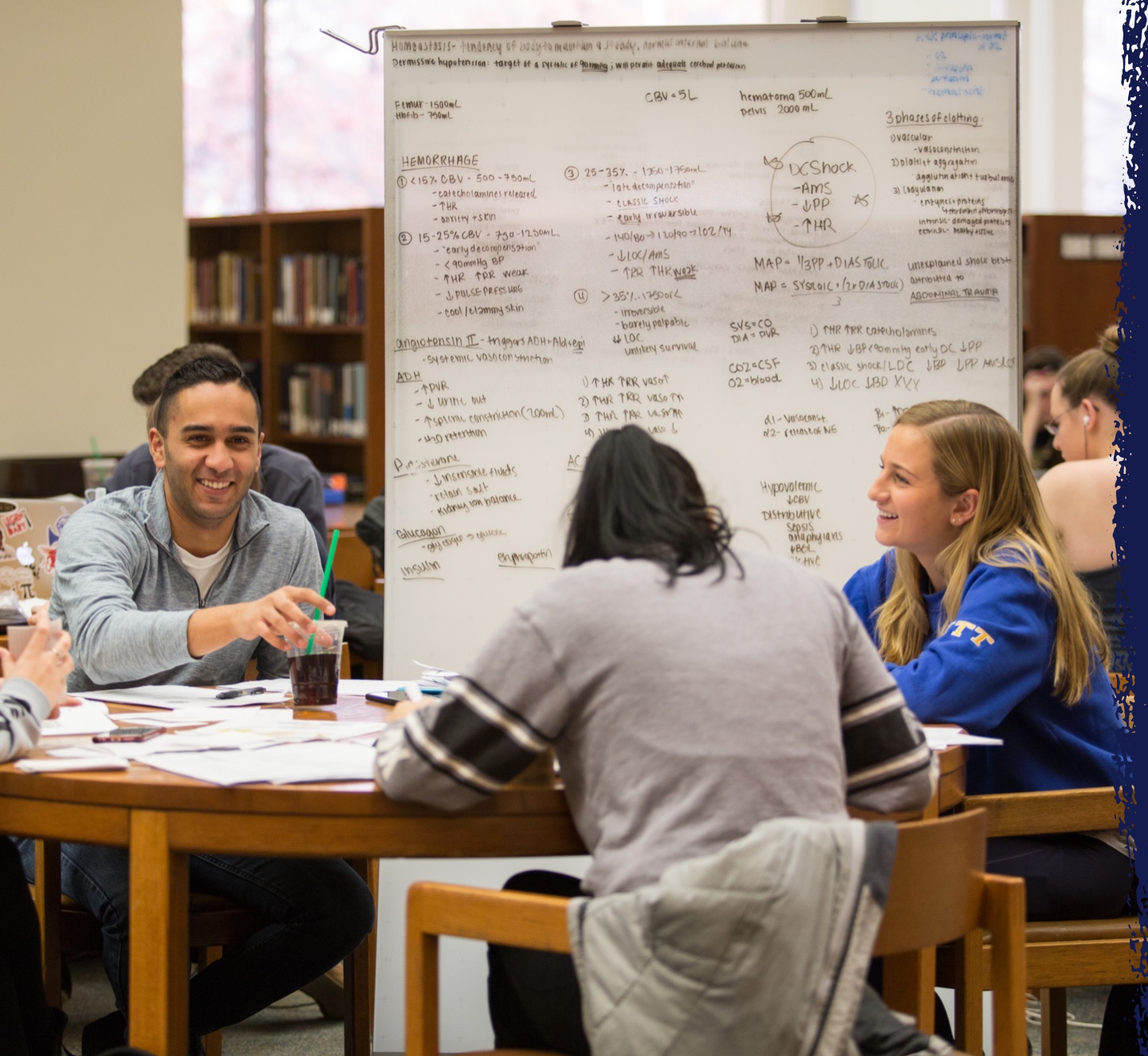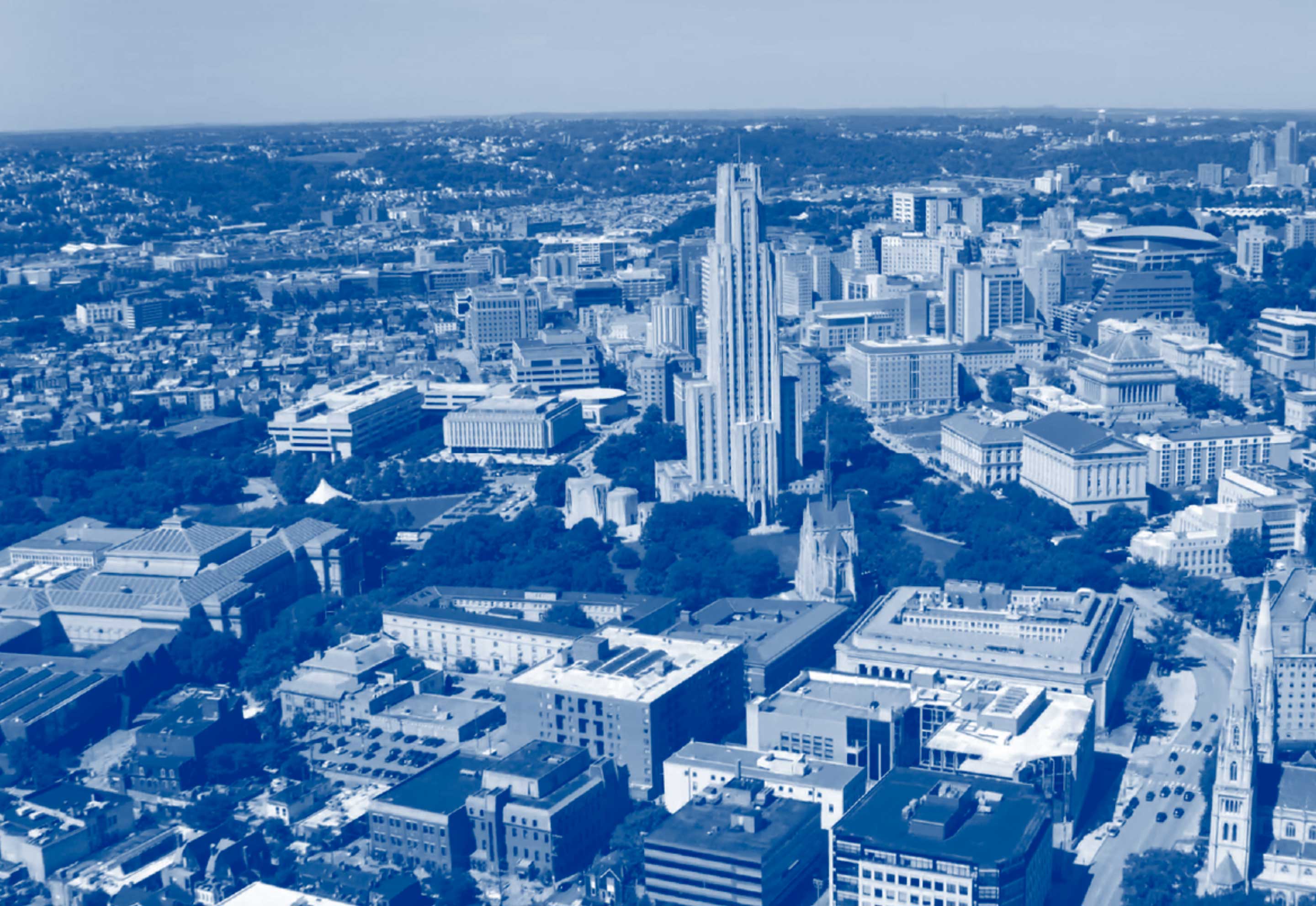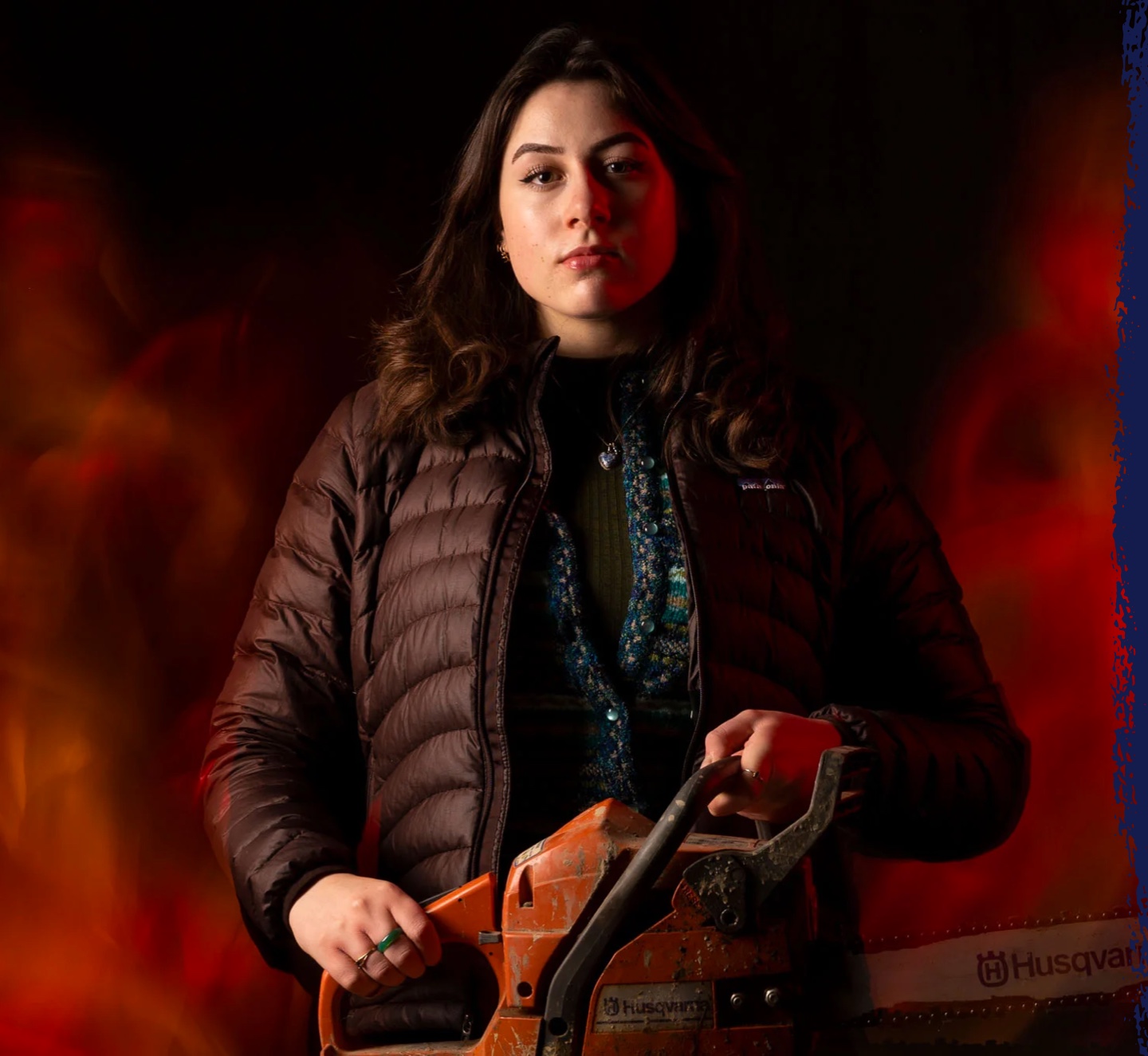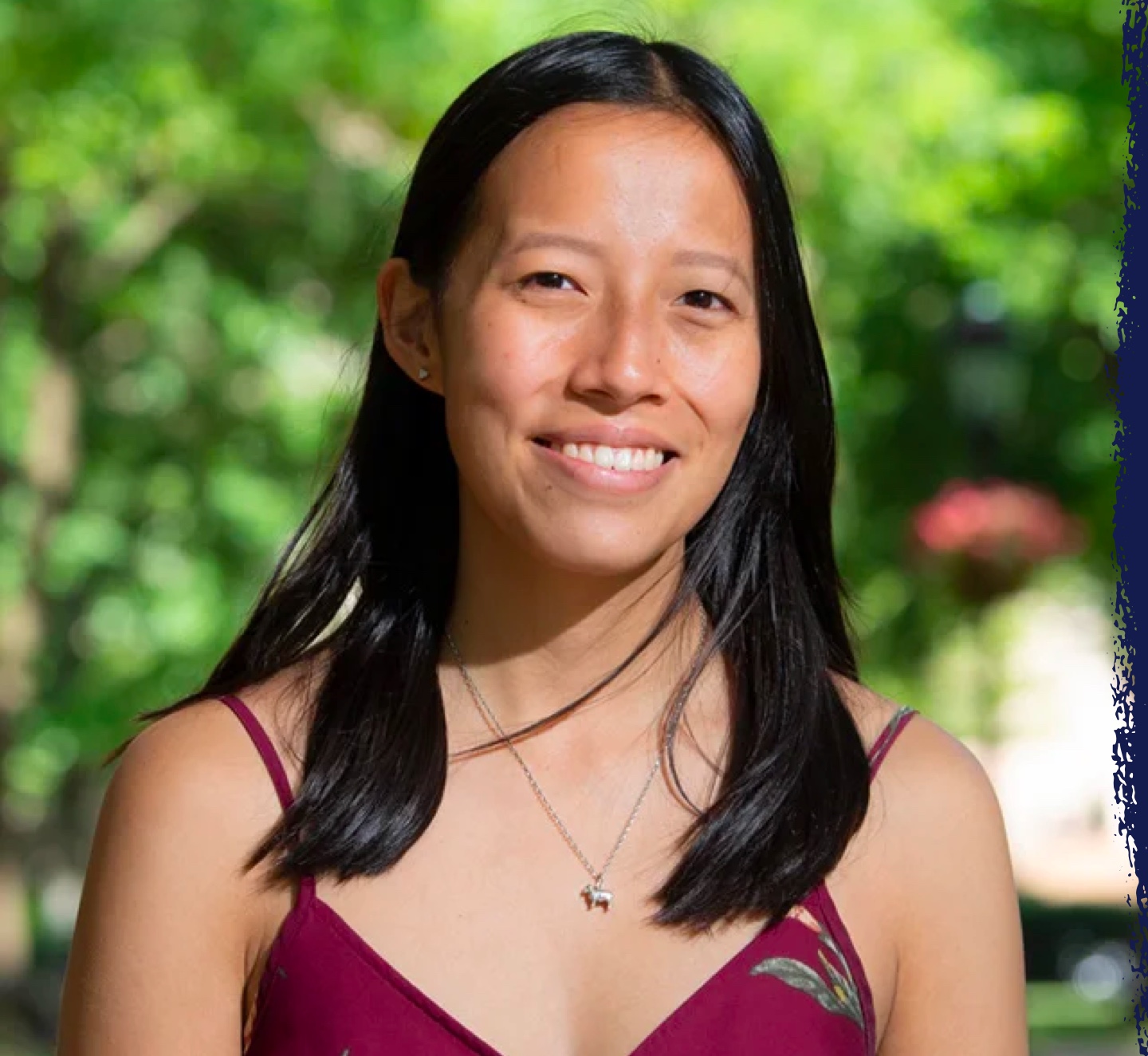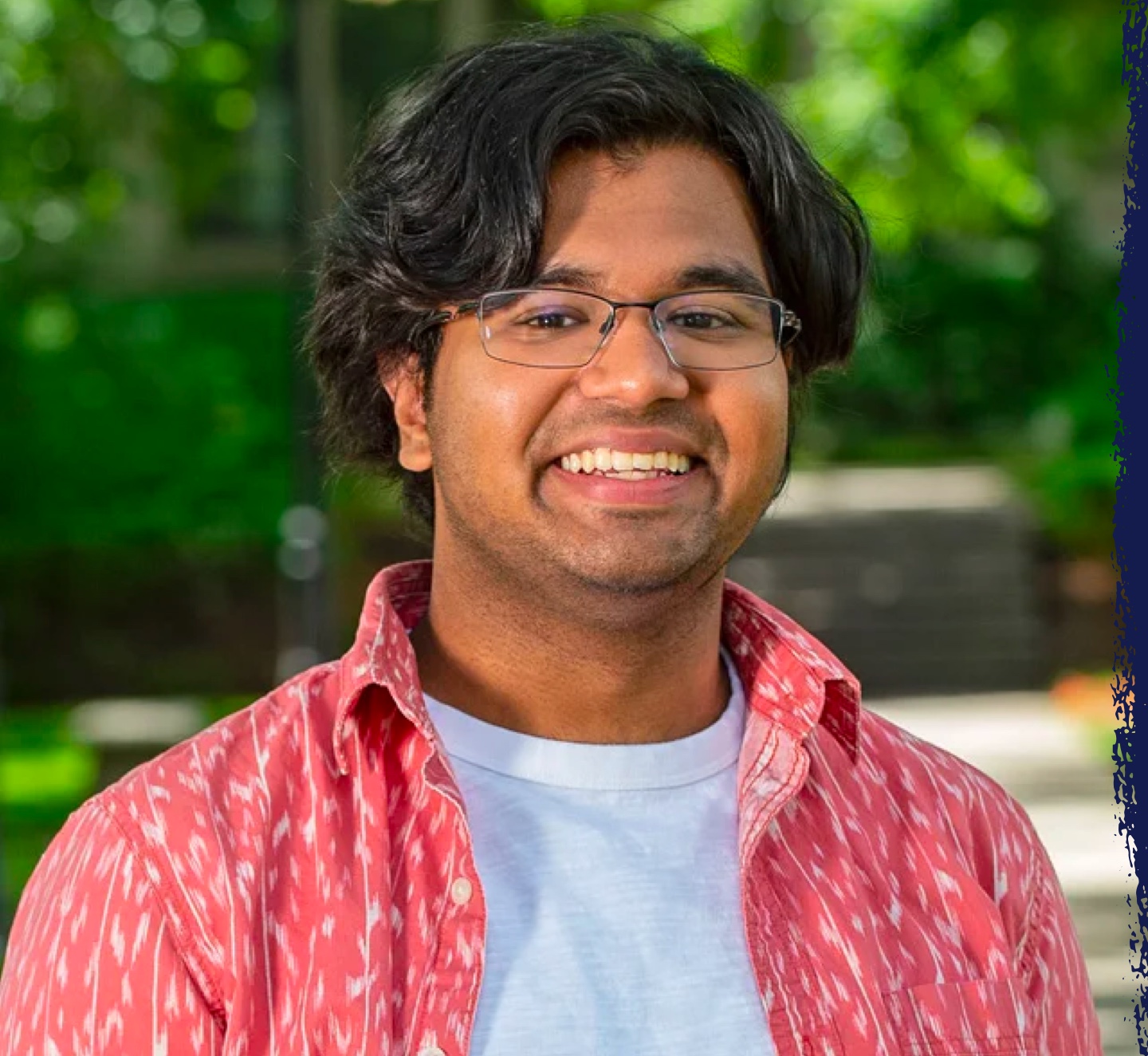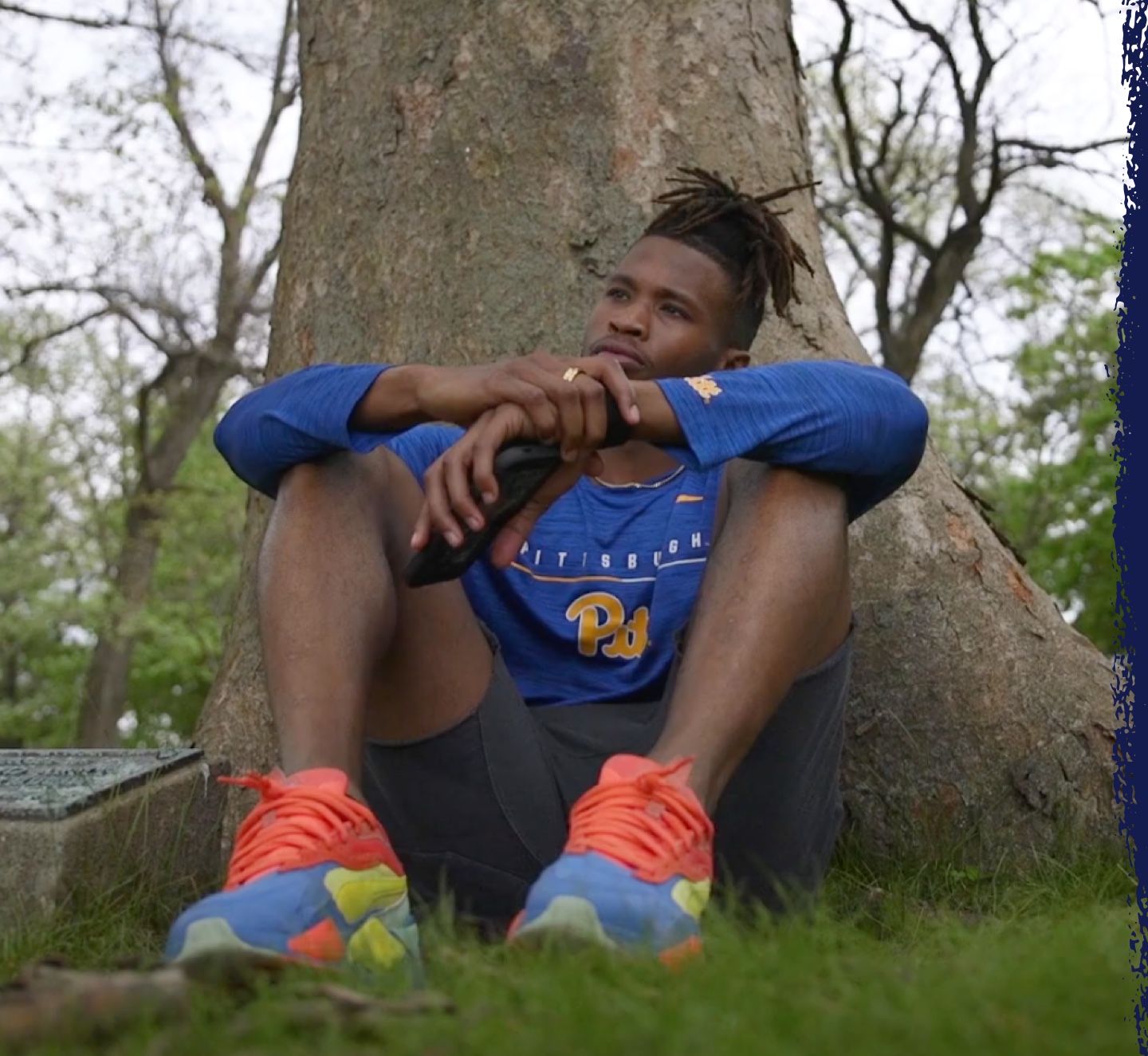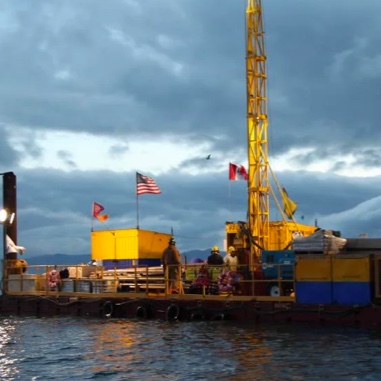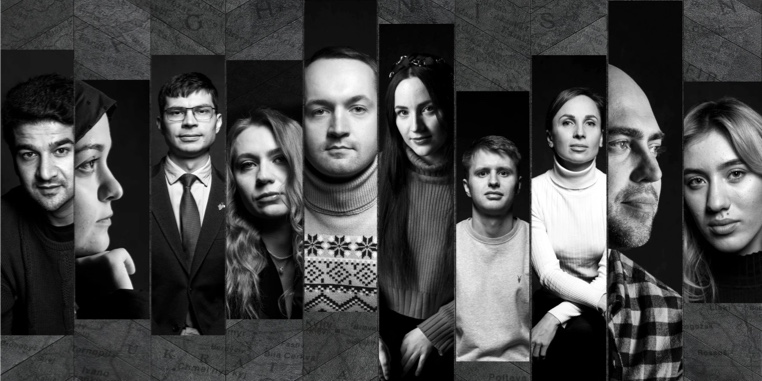Pitt’s CILE (Center for International Legal Education) and the subsequent Rule of Law fellowship empower ambitious legal professionals from conflict zones, equipping them with skills in international arbitration, commercial law, anti-corruption and human rights — with impacts reaching back to their wartorn homelands.
Long gone are the days when war was waged — and peace was forged — on the battlefield alone. Today, conflicts like the Russia-Ukraine war or the Taliban takeover of Afghanistan may still be fought with guns and bombs, but efforts to stem the violence, help its victims and rebuild nations are unfolding in courtrooms and boardrooms, at international forums and in lawmakers’ halls. Countries in crisis need leaders who can operate in these spaces and who will work toward the highest ideals of the law.
That understanding was key to the creation of the Center for International Legal Education (CILE) at the University of Pittsburgh’s School of Law. Since Ronald Brand, Chancellor Mark A. Nordenberg University Professor, became the founding director of the center in 1995, it has been preparing students — some of whom come from conflict zones — for careers in global law.
“Our alums become community leaders and policymakers advancing human rights in places like Syria and Kosovo,” says Charles Kotuby, a professor of practice in Pitt’s School of Law and executive director of the CILE. The center’s mission, he notes, is in keeping with the greatest ambitions of international law.
Keep Reading
